One of the oldest and comprehensive techniques that are the base of the SSB process is Interview or “Vaacha” as described by the DIPR. It is an observational technique where effective two-way communication between the candidate and the interviewer is established so that transfer of information can occur in a free manner. Basically, a question and answer format interaction session where the candidate is expected to do the maximum talking while the assessor observes him/her by cross-questioning, countering, contradicting, distracting and other similar techniques.
The interview questions find their basic foundation in the PIQ form as the entire interview mostly revolves around the information shared by you in the PIQ form. The interviewer talks about the candidate’s personal life, daily routine, education and qualification history, family & friends, general knowledge, awareness level etc. and tries to find out about the potential OLQs.
Remember, you should always stick to the information given in your PIQ form and do not alter to it as it can land you in trouble. Facial expressions and body language play a major role as a lot can be inferred from there for evaluation purposes. The interviewer extracts information from the candidate, and it may be done in a casual informal environment too without letting the candidate realizing his true intentions. The job of the interviewer is to assess personality, behaviour and suitability for the job.
The candidates will find it helpful to keep these things in view.
1. Dress And Turnout
You should be neatly dressed. A flashy or flamboyant outfit is as bad as ill-fitting clothes. It is by no means necessary that you should be dressed in a lounge suit and necktie. The clothes you wear should be neither shabby nor gaudy and they should be suited to the weather.
2. Temperament And Mood
Be natural. Step forward with confidence, look straight in the direction of the chairman and do not allow your gaze to wander. You may not wear a toothy grin but your face should be lit up with a smile of pleasurable anticipation.
3. Take Care Of Manners And Etiquettes
Do not sit down before you are asked to do so. Sit straight with your hands resting in your lap. Do not place your elbows on the table, and do not cross your legs. If you are not offered a chair immediately, wait for a few seconds and then politely seek permission to be seated.
4. Listening Carefully With Utmost Attention
Sit with your ears and eyes open. Do not start formulating your answer in your mind even before the interviewer has finished speaking. Rather than repartee, what will impress the questioner, even more, will be the respect you show by being attentive. If you have not clearly understood the question, there is no harm in politely asking for it to be repeated, but be careful. Unless you are attentive, you may do it once too often.
5. Accuracy And Precision
While appearing in an interview, you must remember that the interviewers are busy people and time is precious to them. Therefore, make your answer precise. But on that account, you need to become monosyllabic. Answer the question adequately and in full. If you would like to have some time to give an answer, ask permission of the questioner, and then stick to the point while making an answer.
6. Politeness And Liveliness
While answering a question put to you, always be polite. Even if it is a leading question and you differ with the questioner, express your difference of opinion. Instead of saying, “I do not think so,” you might say “With your permission, I would suggest that we look at is in another way.” Politeness demands that you should speak clearly. When questions are being thrown at you from many sides, ask permission to be allowed to answer each question facing him. Never interrupt a questioner, and unless the interviewer wants to draw you out on a subject, avoid entering into an argument.
7. Conduct
Be natural and dignified while talking. It is by no means necessary to begin or end everything you say with “Sir”. Sycophancy lowers you in the esteem of the interviewers and provokes an adverse reaction. It is equally bad to be uppish because it is both rude and offensive. Be quick to admit mistakes you might have made and express your thankfulness for any good thing said about you. Never criticize or find fault with a person who is not present except when he is a public figure and it is his public conduct which is being discussed.
You can prepare for SSB interview and defence entrance exams such as NDA, AFCAT, INET, and CDS by taking Written Online courses as they will not only give you access to full-length quality lectures but will also provide the facility to take standardized mock tests for better study and strategic growth in the exam. You can take multiple quizzes after each lesson to ensure the full understanding of the subject along with creating your customized lesson plans. You can check out the course content along with other important specifics at SSBCrack exams.
You can also access them through the SSBCrack Exams app available in the google play store.
Jai Hind

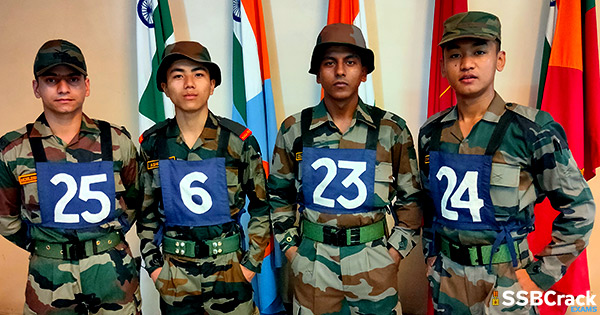

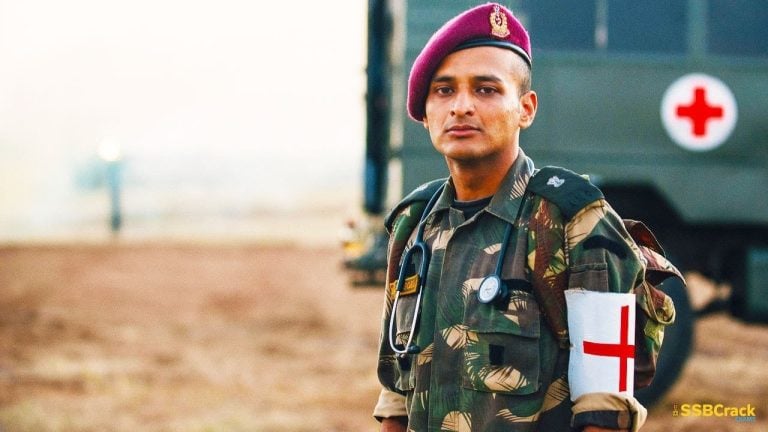
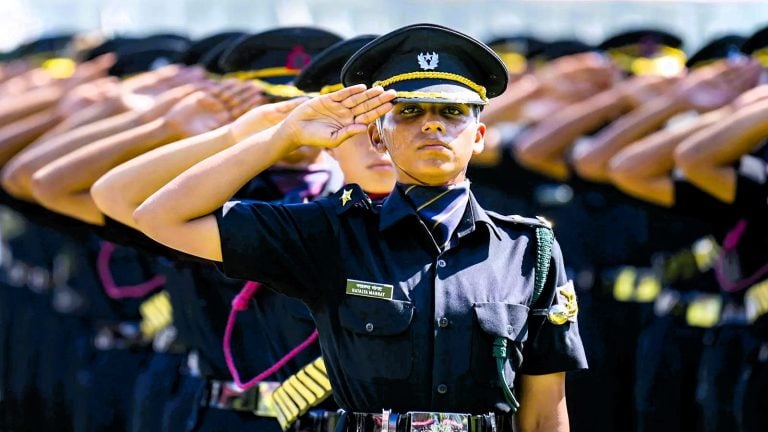
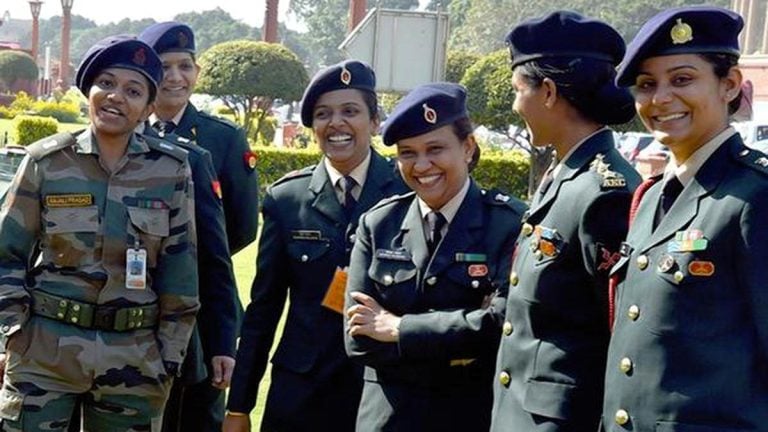
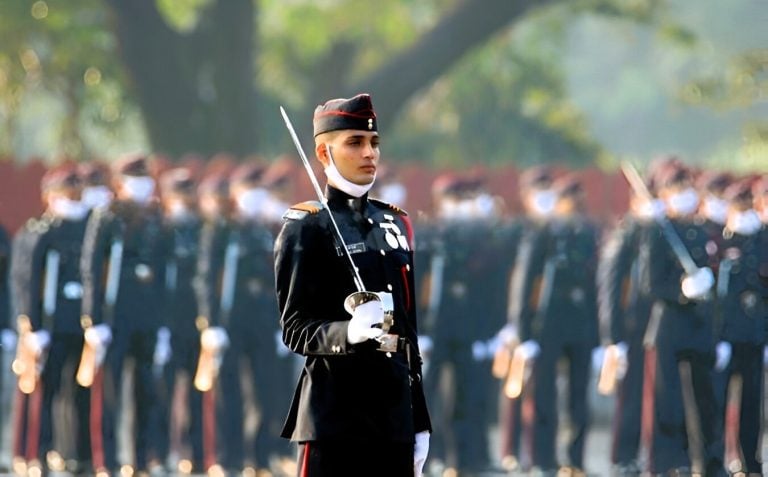

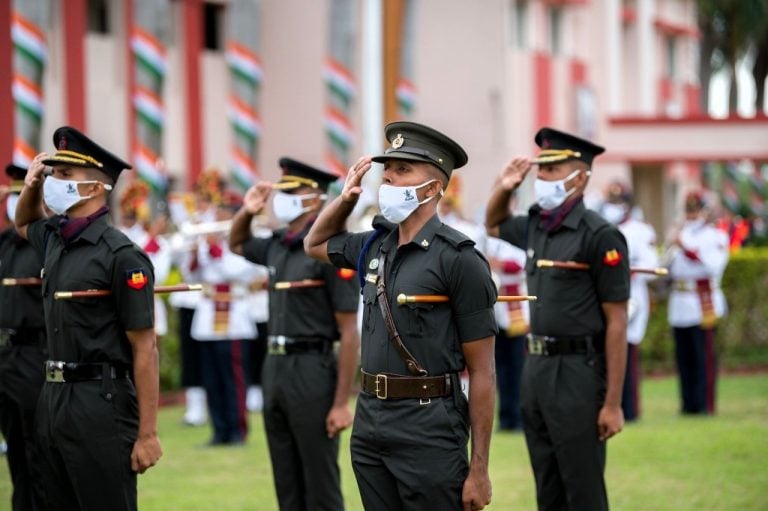



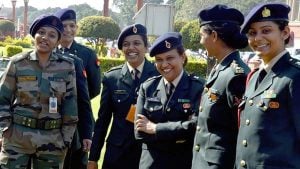



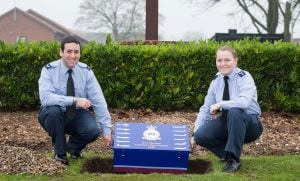


mery madad karo bhai
Bhai kya problem h
osama bi laden ke pass jana hai use